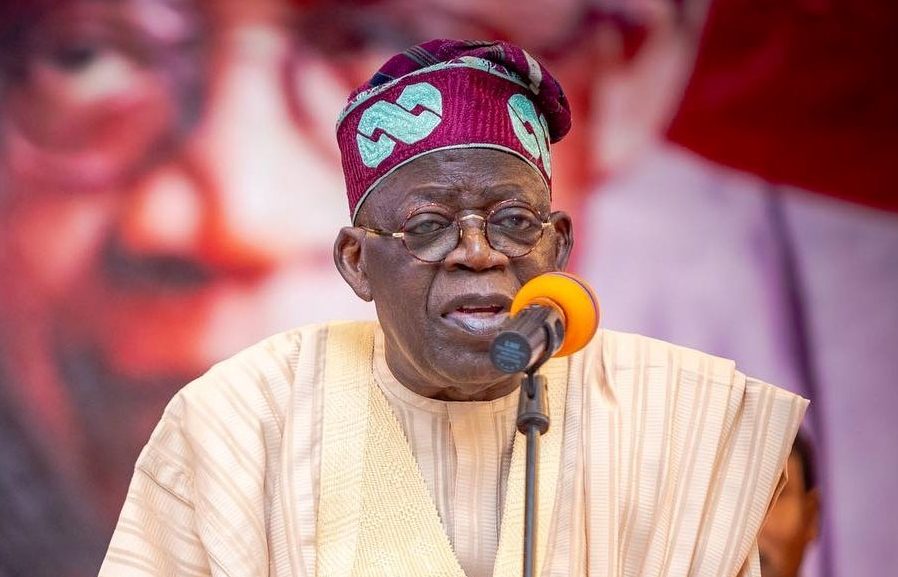My fellow countrymen and, in particular, the good people of Rivers State.
I address you today concerning the state of emergency declared in Rivers State. You may recall that on March 18, 2025, I declared a state of emergency due to a total breakdown of governance in the state. At that time, I outlined the reasons behind this decision, which I will briefly restate for context.
Rivers State was facing a complete paralysis of government. The Governor and the State House of Assembly were unable to work together, and vital economic infrastructure, including oil pipelines, was being vandalised. The Assembly itself was deeply divided—four members aligned with the Governor, while 27 others supported the Speaker and stood in opposition. This division prevented the governor from presenting an appropriation bill, effectively halting access to state funds and bringing governance to a standstill.
The situation escalated to the point where the Supreme Court, in a judgement on the legal disputes between the executive and legislative arms of the state, concluded that governance had effectively ceased to exist in Rivers State. Despite efforts by myself and other concerned Nigerians to mediate, both sides remained entrenched in their positions, to the detriment of peace and progress.
Faced with the growing risk of anarchy, I was compelled to invoke the powers granted to me under Section 305 of the 1999 Constitution (as amended) and declare a state of emergency. This included the suspension of the Governor, Deputy Governor, and members of the House of Assembly for an initial period of six months, which ends today, September 17, 2025.
I extend my gratitude to the National Assembly for promptly evaluating and approving the declaration, as required by the Constitution. I also thank the traditional rulers and the people of Rivers State for their support and resilience during this difficult period.
I acknowledge that some citizens disagreed with the decision and sought legal redress—over 40 cases were filed in Abuja, Port Harcourt, and Yenagoa. This is expected in a democracy. While some of these cases are still pending, it is important to emphasize that the power to declare a state of emergency is a constitutional safeguard designed to restore peace and public order when normal governance collapses. The Supreme Court’s judgment confirmed the gravity of the situation in Rivers State, and failure to act would have been a dereliction of duty on my part as President.
As a firm believer in democratic governance, I emphasize the importance of cooperation between the executive and legislative arms of government. Whether at the state or national level, such harmony is vital for delivering the dividends of democracy. Our citizens rightfully expect peace, development, and security—outcomes that cannot be achieved amid political chaos and manipulation.
Thank you, and may peace and order continue to reign in Rivers State and across our great nation.








